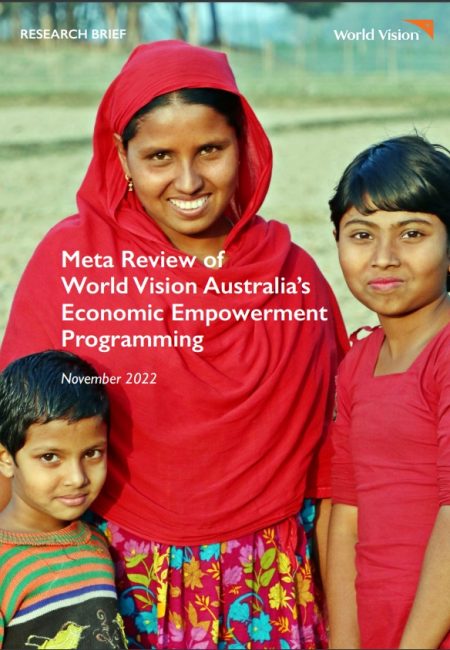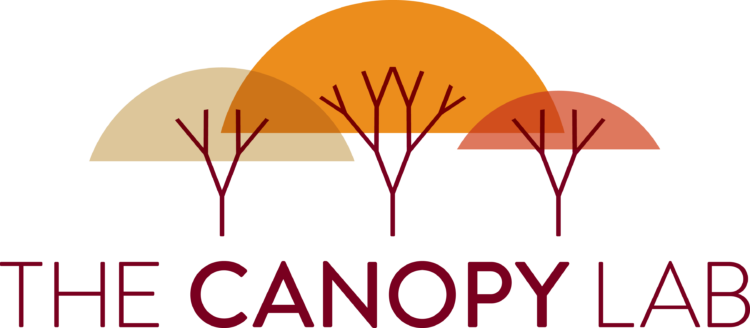The Canopy Lab synthesized the evidence and extracted learnings from World Vision Australia’s global portfolio of economic empowerment programs across three core pillars: inclusive Market Systems Development (iMSD), Financial Inclusion (FI), and Women’s Economic Empowerment (WEE).
The meta-analysis concluded that projects adopting the iMSD approach showed the strongest signs of sustainability. This is because factors like farmers and private sector actors’ adoption of new practices are “baked into the DNA” of these types of interventions. Moreover, the review found that holistic WEE outcomes, especially women’s agency, were facilitated by gender transformative approaches which challenged unequal gender relations within households and communities by promoting more equitable alternatives through participatory sessions involving questioning of attitudes, critical reflection and dialogue over time. Finally, a key enabling factor for food security outcomes was nutrition behavior change activities.


